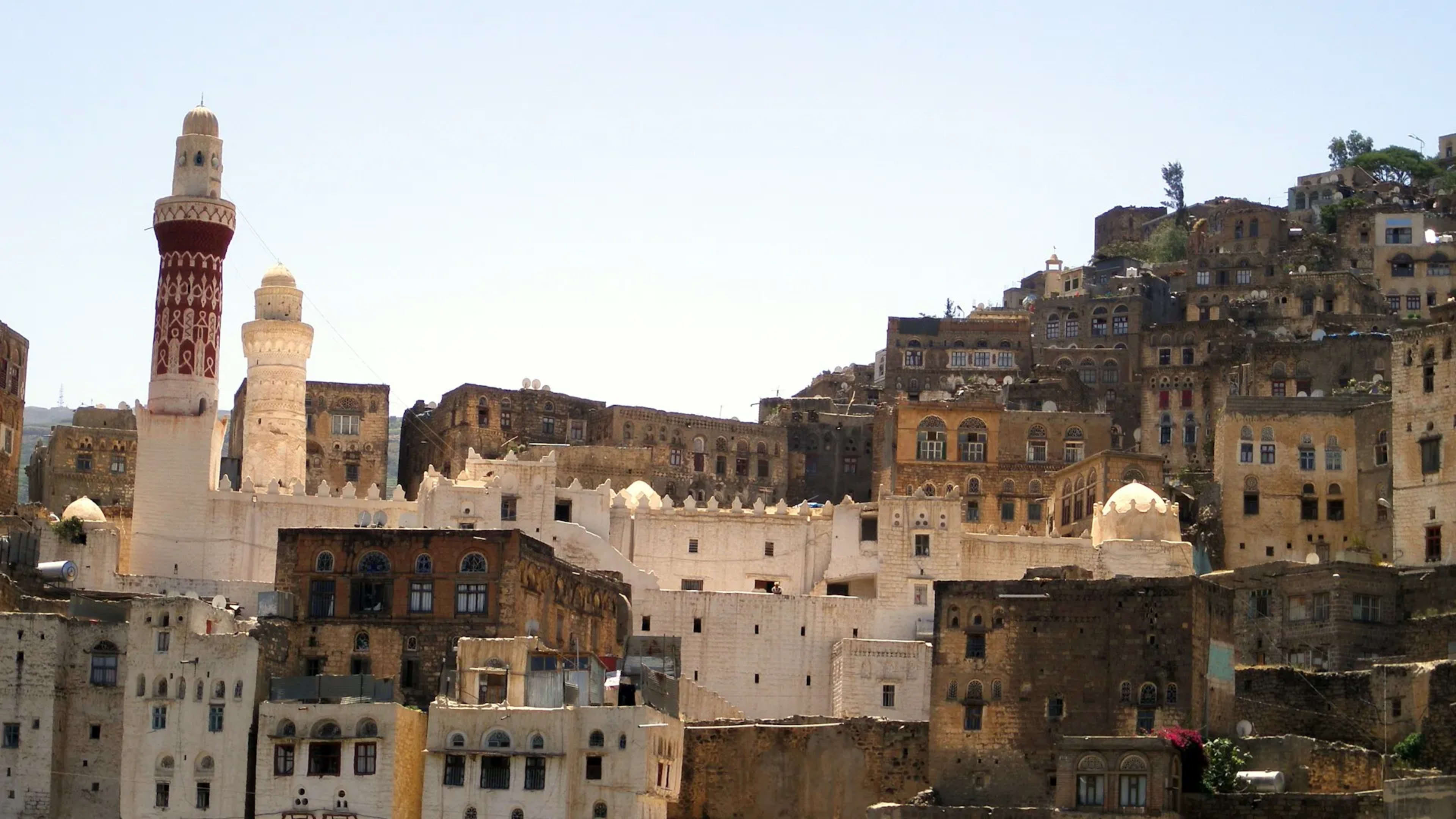Location & Transportation
Travel to Yemen at this time is not recommended due to the very high threat of terrorist attacks, kidnappings, tribal violence, and general lawlessness. Hodeidah, with its long history as a Red Sea port, offers a glimpse into Yemen’s maritime heritage, but any visit should be deferred until conditions improve.
Nearby Lodging
There are a few local guesthouses and small hotels; however, facilities are very limited and security remains a major concern. It’s essential to check up-to-date local advisories and arrange accommodations well in advance if you must visit.
Nearest Airport
Hodeidah International Airport is located close to the port. It primarily handles domestic flights, and services can be very limited and subject to change due to ongoing security issues.
Sightseeing
While Hodeidah has a rich cultural past and traditional Yemeni architecture—with narrow alleys, old port walls, and bustling souks—sightseeing is currently very restricted because of safety concerns. If conditions improve in the future, you might consider exploring:
- The historic port area, which reflects centuries of maritime trade.
- Local marketplaces that have long been the heart of daily life.
- A walk through the city’s older districts to appreciate traditional Yemeni design.
Museums
Local museums and cultural centers that once highlighted the region’s history are either closed or operating on a very limited basis because of the present instability.
Tours & Excursions
At this point, organized tours and excursions are largely unavailable due to security issues. In safer times, guided walking tours and visits to nearby cultural sites could offer insight into Hodeidah’s past and its significance as a gateway to the Red Sea.
It‘s a good idea to compare shore excursion costs between what your cruise line offers and options like Viator and GetYourGuide. They often provide lower prices and include customer reviews and ratings to help you choose the best option. They may also offer more more flexible cancellation or rescheduling policies than those available through your cruise line. However, while booking independently might give you more variety and potentially better rates, be mindful of your schedule - cruise line excursions are typically coordinated to match your ship‘s schedule with guaranteed pick-up and drop-off times.
There is also a great resource for finding local guides at Tours by Locals. Tours by Locals connects you with local guides who can help you plan a private personal tour, guide you, and get you back to your ship on time. You can also check out Rome2Rio for local transportation options. It is a great resource for finding how to get from one place to another, including public transportation, taxis, ferries, and more.
Shopping
Hodeidah’s local souks can be a window into traditional Yemeni commerce. Here, you might have found:
- Handcrafted items and textiles reflecting local artistry.
- A wide variety of spices and regional produce. Always keep a close eye on your belongings and be prepared to negotiate prices.
Dining
Yemeni cuisine is hearty and full of flavor. If you have a safe opportunity to dine locally, consider trying:
- Saltah – a savory stew often seen as Yemen’s national dish.
- Mandi – a delicious rice and meat dish.
- Bint Al-Sahn – a sweet, flaky bread drizzled with honey. Keep in mind that the variety and quality of dining options can be very limited due to the current instability.
Culture & Local Events
Yemen has a rich and diverse cultural heritage that is evident in its traditions, festivals, and daily life—when security permits. Here are some local cultural insights:
- The local language is Arabic. English is not widely spoken, so learning a few basic Arabic phrases can be helpful.
- Daily life and business follow traditional rhythms, often shaped by the call to prayer and market times.
- The local currency is the Yemeni Rial (YER). Transactions are mostly cash-based, so having small denominations is useful.
- In safer times, festivals such as Ramadan and Eid bring the community together in vibrant celebrations, while weekly souk days offer a taste of traditional life.
Local Events
Due to ongoing conflicts, large public events and festivals are currently very limited. When security improves, local markets and religious celebrations traditionally play an important role in bringing communities together.
Safety & Awareness
I’ve learned from my experience and local insight that Hodeidah is currently a high-risk area. There is a significant threat of terrorist activities, kidnappings, and general lawlessness. If you’re considering a visit, please check the latest travel advisories from reliable sources and seriously consider postponing your trip until the situation stabilizes.
